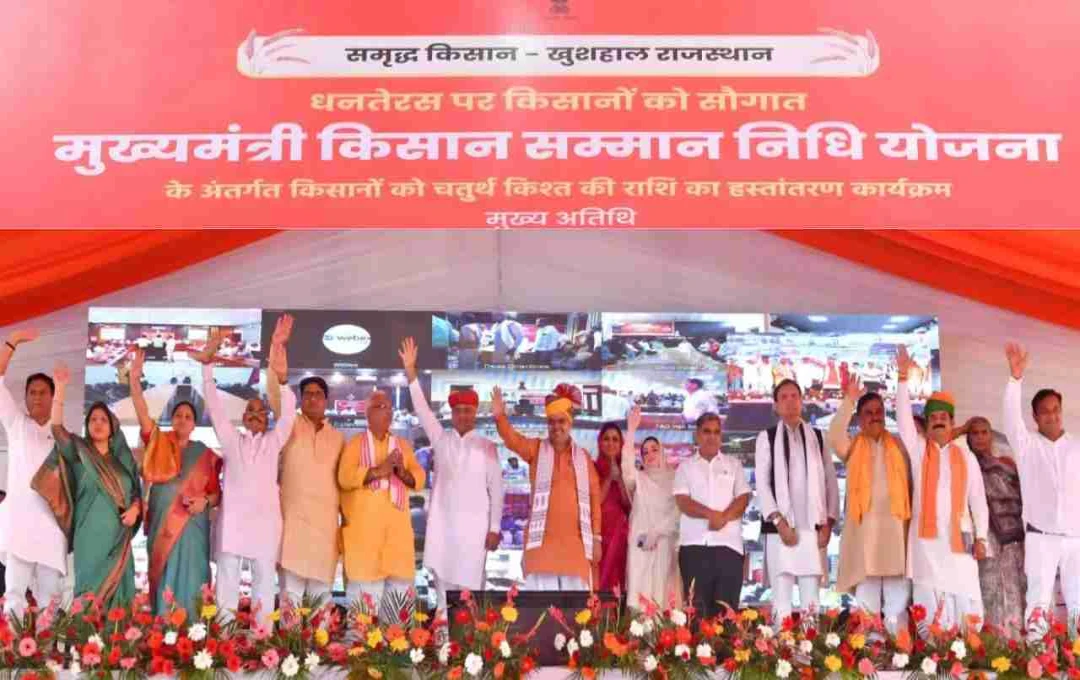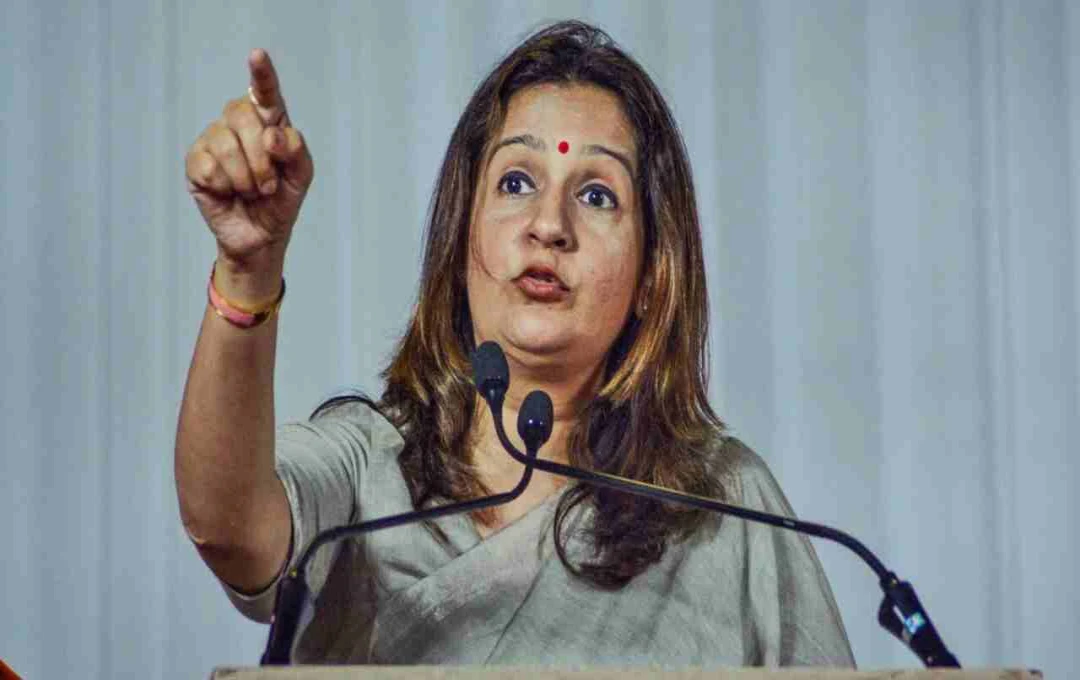The Uttar Pradesh government has banned the sale and purchase of 11 pesticides to ensure the quality of Basmati rice and increase its exports to the international market. Earlier, Punjab had also imposed a similar restriction. This move has been taken keeping in mind the stringent standards of countries like Europe, America, and the Middle East.
UP News: The Uttar Pradesh government has banned the purchase, sale, and use of 11 pesticides used in Basmati rice cultivation. This decision has been taken with the aim of ensuring quality in the state and increasing exports to international markets in Europe, America, and the Middle East. Earlier, the Punjab government had also imposed a similar restriction. The Yogi government states that the use of pesticides affects the crop and it is necessary to ban them according to international standards.
UP Government Bans 11 Pesticides in Basmati Cultivation
The Uttar Pradesh government has banned the purchase, sale, and use of 11 pesticides to ensure the quality of Basmati rice and increase its exports to the international market. This ban will be in effect for the next 60 days starting from August 1, 2025. Special Secretary Om Prakash Verma issued a notification in this regard on August 17.
The government's effort is to ensure this ban is fully implemented on Basmati cultivation in 30 districts of the state. Farmers have been directed through this step not to use these pesticides, so that the crop remains in line with international quality standards.
Which 11 Pesticides Have Been Banned
The 11 pesticides banned by the Uttar Pradesh government to protect Basmati paddy from the adverse effects of pesticides include Tricyclazole, Buprofezin, Acephate, Chlorpyrifos, Tebuconazole, Propiconazole, Thiamethoxam, Profenofos, Imidacloprid, Carbendazim, and Carbofuran.
Earlier, the Punjab government had also banned these pesticides. The Punjab list also included a pesticide named Hexaconazole. The objective of this ban is to keep Basmati rice safe and ensure its export according to quality standards in international markets.
International Standards for Basmati Export Applicable
APEDA had suggested to the UP government that this step is necessary to avoid any kind of ban or restriction on Basmati rice exports. Countries like the Middle East, Europe, and America have set Maximum Residue Limits (MRLs) for pesticides for Basmati rice exports.
This ban will ensure that Basmati rice exported from UP conforms to these international standards, and farmers continue to have opportunities in the global market.
Guidelines for Farmers
The government has advised farmers not to use the listed 11 pesticides during this period. Additionally, the state agriculture department will conduct regular inspections in these districts and ensure that the ban is being adhered to properly.
For farmers, this step will promote crop quality and international sales in the long run. It will also strengthen the brand value of India's Basmati rice.














